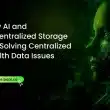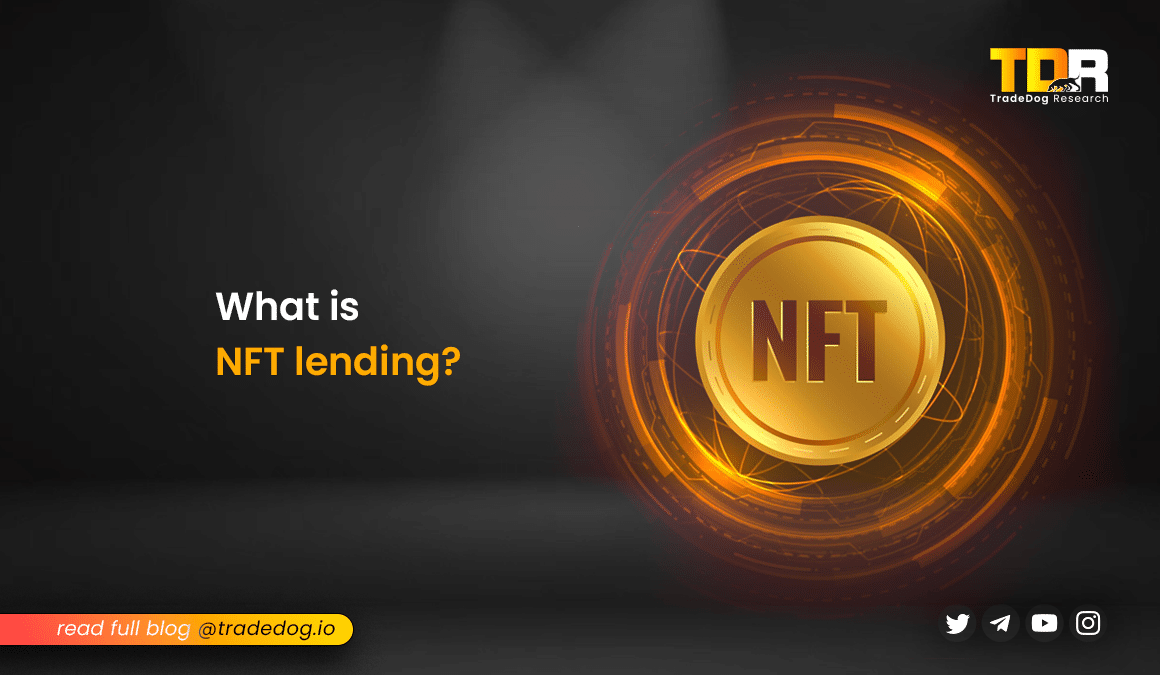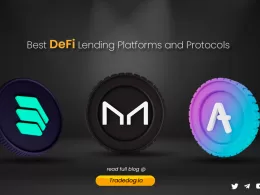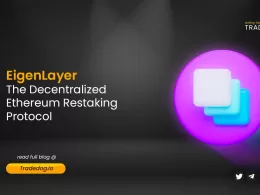Quick Links
The world of NFTs is booming, with unique digital assets like artwork, collectibles, and virtual real estate capturing the attention of investors and enthusiasts alike. But what if you own an NFT but need immediate access to funds without selling your prized possession? Enter NFT lending, a revolutionary DeFi application that allows you to leverage your NFT holdings for liquidity.
Introduction to NFT Lending
NFT lending refers to the practice of lending NFTs through DeFi platforms. Through this NFT holders can lend their digital assets to others in exchange for interest payments, while borrowers can use these NFTs as collateral to borrow funds or other NFTs.
Types of NFT Lending
While the concept of using NFTs as collateral for loans seems straightforward, the NFT lending space offers various models catering to different needs:
1. Peer-to-Peer (P2P) Lending: This resembles traditional lending, where platforms connect borrowers directly with lenders. Borrowers offer their NFTs as collateral and receive loans in cryptocurrency. The NFT remains locked in a smart contract until the loan is repaid. Defaulting on the loan results in the lender acquiring the NFT.
2. Peer-to-Protocol (P2P) Lending: Platforms allow borrowing directly from a pool of crypto funds contributed by liquidity providers. Here, NFTs are locked in smart contracts, and the platform uses special tools called oracles to constantly track their market value. Borrowers face liquidation if the NFT’s value falls below a certain threshold.
3. Non-Fungible Debt Positions (NFDPs): Platforms offer synthetic stablecoins against NFTs. Borrowers can use these stablecoins for various purposes and regain their NFT upon loan repayment. Similar to P2P lending platforms, oracles track the NFT’s market price to ensure collateralization remains sufficient.
4. NFT Rentals: Platforms facilitate peer-to-peer NFT rentals, allowing owners to earn income while renters gain temporary access to the NFT’s benefits. This offers an alternative to selling the NFT and provides renters with temporary access to exclusive perks associated with the NFT.
Understanding the Basics of NFT Loans
Here’s a simplified breakdown of how NFT loans work:
Step 1: Pledging Your Digital Gem
You, the NFT owner, approach a specialized platform that facilitates NFT loans. You propose your NFT as collateral and request a loan amount.
Step 2: Assessing the Treasure’s Worth
The platform, or other users on the platform, evaluate your NFT’s value. This process can involve considering factors like the NFT’s rarity, past sales history, and overall market trends for similar NFTs.
Step 3: Securing the Loan and Locking Away the NFT
Once the NFT’s value is agreed upon, the platform facilitates a loan in a stablecoin like DAI. Your NFT is then securely locked into a smart contract until you repay the loan in full. This smart contract outlines the loan terms, including the amount, duration, and interest rate.
Step 4: Reclaiming Your NFT or Facing Liquidation
Upon successful repayment, your NFT is unlocked and returned to you. However, if you fail to repay the loan within the stipulated time frame, the smart contract automatically transfers your NFT to the lender in a process called liquidation.
Finding platforms offering NFT loans is as simple as browsing their product pages or researching various DeFi DApps. Before diving in, remember to thoroughly research the platform’s reputation, loan terms, and security measures to ensure a smooth and secure experience.
Benefits of NFT Lending
- Unlocking Liquidity: Holding onto an NFT you believe will appreciate over time? NFT loans allow you to access immediate funds without selling your assets, providing much-needed financial flexibility.
- Expanding DeFi to the Art World: NFT lending creates a bridge between the worlds of DeFi and digital art, enabling creators and collectors to participate in the DeFi ecosystem and potentially generate additional yield.
- No Credit Checks: Unlike traditional loans, NFT loans often bypass credit checks, making them accessible to individuals with less-than-perfect credit scores or those without access to conventional banking services.
Key Risks to Consider
While NFT lending offers exciting prospects, it’s crucial to be aware of the inherent risks:
- Price Volatility: The NFT market is known for its volatility, making it challenging to accurately appraise the value of an NFT used as collateral. This volatility could lead to situations where the NFT’s value plummets below the loan amount, triggering liquidation.
- Liquidity Challenges: NFTs are generally less liquid than fungible cryptocurrencies like Bitcoin. If a borrower defaults, the lender might face difficulties selling the NFT to recover their funds.
- Smart Contract Vulnerabilities: Like many DeFi protocols, NFT lending platforms rely on smart contracts, which can harbor vulnerabilities that hackers could exploit, potentially leading to the loss of your NFT or invested funds.
- Regulatory Uncertainty: As with other areas of DeFi, the regulatory landscape surrounding NFT loans remains to be determined. Future regulations could significantly impact the viability of this market or introduce additional compliance requirements.









